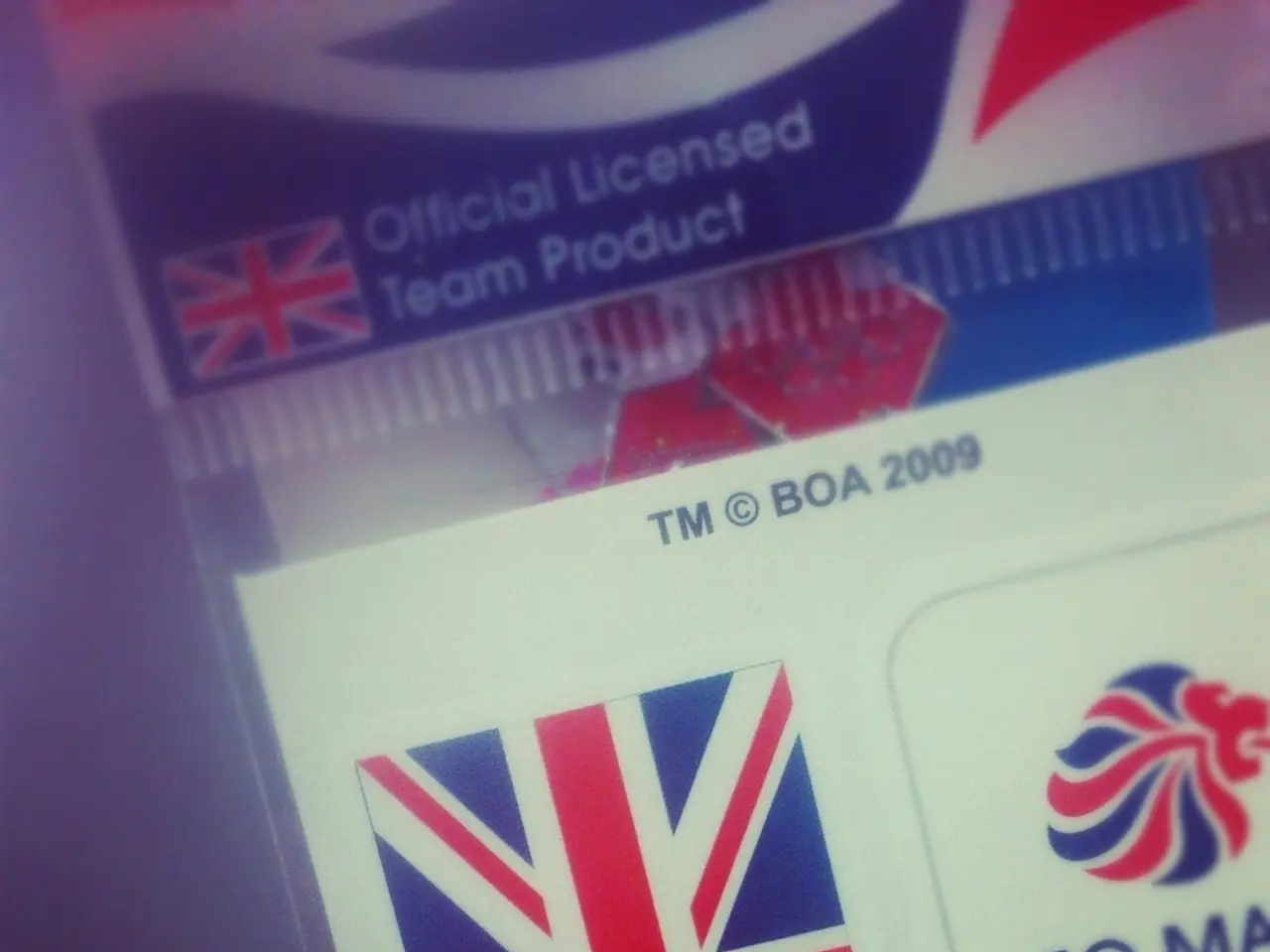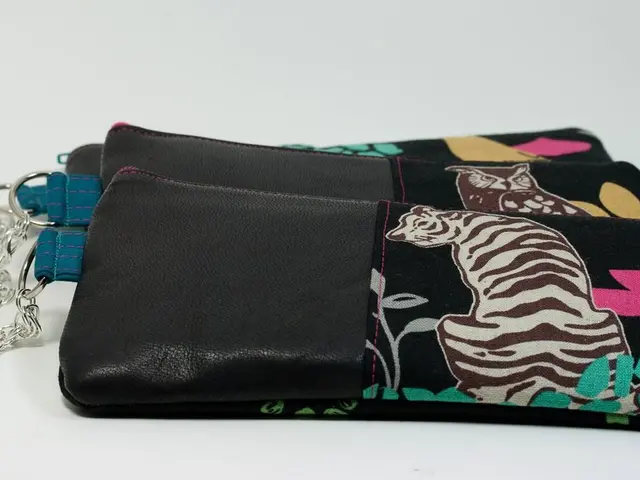Biometrics Reshape Identity Verification: Memories, Empathy Key
The concept of individual identity is evolving rapidly with advancements in verification technologies. Biometric characteristics, particularly memories and empathy, are becoming crucial in defining one's true identity. Meanwhile, the use of fingerprint scanners has surged, with over half a million devices released daily by tech giants like Apple and Samsung.
Looking back, the concept of identity verification began with Alphonse Bertillon in 1888. He invented the mug shot and created a library of photos for the Parisian police. Later, he introduced a standard way of comparing fingerprint ridge characteristics in 1912. Today, the UK is creating an 'Open Standards Federation' for identity verification, allowing multiple agencies to participate and reducing risk.
In the UK, there's no legal requirement to carry ID cards, and identity is fluid and personal. Traditionally, banks have been responsible for verifying identity. However, new players like Google, Facebook, and PayPal are emerging. Biometric markers, such as fingerprints and facial recognition, are now primary methods of identification. The debate between privacy and convenience is central to this discussion.
As identity verification technologies evolve, the idea of the individual and what it means to be one will become increasingly important. Memories and empathy, being hardest to fake, are closest to a person's true identity. Key historical figures like Alphonse Bertillon, Sir Francis Galton, and Ajay Banga have shaped modern biometric identification. The future of identity verification promises a balance between security and personal autonomy.








